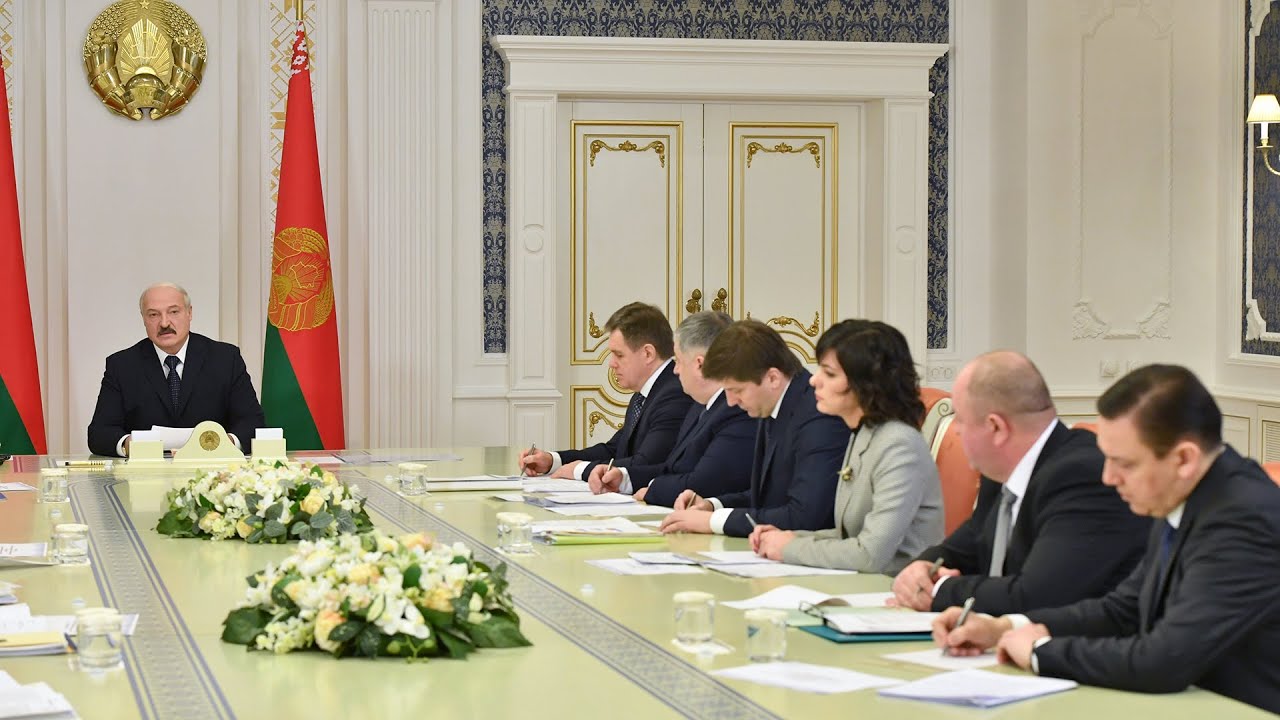The President shapes the pre-election information policy for the state media; law enforcers show willingness for tough actions during the election campaign
 The situation has gotten better
The situation has gotten better

By Zmicier Kuchlej
The president has resumed the independence rhetoric and the reference to threats from the Kremlin to buttress popular support before the presidential campaign. The Belarusian leadership has factored in possible information pressure from the Kremlin before and during the presidential campaign. Law enforcers further used targeted financial sanctions against political activists and anarchists to lower their morale.
President Lukashenka continued his local mobilization tours to the Belarusian regions. In addition, the Belarusian authorities are attempting to raise popular support for public institutions by showcasing new jobs created due to government investments. For instance, last week, the president launched a production line at the Svetlahorsk Pulp and Cardboard Mill.
The Belarusian leadership is preparing public opinion and the media for a possible informational confrontation with the Kremlin. The president has further referred to threats to Belarus’ independence and sovereignty. In addition, he has held a meeting for the heads of state media outlets to set the frameworks for the domestic information policy in the coming months amidst the looming presidential campaign. In the coming months, the state is likely to focus on developing traditional media, such as the television and the printed media.
Law enforcers have flexed their muscles and conveyed a warning that they would ensure a tough response to activities of radical activists and youth movements during the upcoming political campaign. For instance, the court sentenced last week two anarchists to seven years of imprisonment for autumn rallies near courthouses and pre-trial detention centers in Minsk. In addition, law enforcers have used targeted financial sanctions against political leaders for staging rallies against deeper integration with Russia in December 2019. Hence, the authorities have not abandoned their attempts to muzzle opposition leaders and political activists.
Before the presidential elections, law enforcers are likely to focus on the persecution of unauthorized protest activity. In addition, the Belarusian leadership aspires to reduce Russian content in the media through enhancing domestic information products, albeit preserving the broadcast by Russian channels.
Subscribe to our newsletter




Situation in Belarus
Constitutional referendum: main consequences


 Video
Video
How to count the political prisoners: are the new criteria needed?


 Video
Video
Paternalism In Decline, Belarusian Euroscepticism, And The Influence Of Russia


 Video
Video












